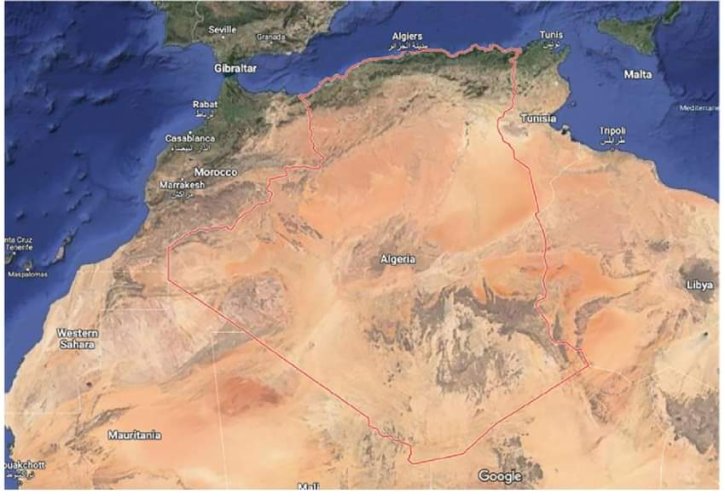
𝟮𝟭 𝗳𝗮𝗰𝘁𝘀 𝘆𝗼𝘂 𝗱𝗶𝗱𝗻'𝘁 𝗸𝗻𝗼𝘄 𝗮𝗯𝗼𝘂𝘁 𝗔𝗹𝗴𝗲𝗿𝗶𝗮:
1. Algeria is the largest country in Africa and the Arab world, spanning over 2.38 million square kilometers (919,595 square miles).
2. The capital city of Algeria is Algiers, located on the Mediterranean coast and known for its historic Casbah, a UNESCO World Heritage Site.
3. Algeria gained independence from France on July 5, 1962, after a long and bloody war of independence that lasted for eight years.
4. The Sahara Desert covers much of Algeria's territory, making it one of the most arid countries in the world. However, the northern region enjoys a Mediterranean climate.
5. Algeria is home to the Tassili n'Ajjer National Park, a UNESCO World Heritage Site famous for its prehistoric rock art and stunning landscapes.
6. The Algerian flag consists of two equal vertical bands of green and white, with a red crescent and star in the center. Green symbolizes Islam, white represents purity, and red symbolizes the blood shed for independence.
7. The official language of Algeria is Arabic, while French is widely used in business, education, and government.
8. Algeria has a rich cultural heritage influenced by its history of Berber, Arab, and French colonization. Traditional music, dance, and cuisine reflect this diverse cultural mix.
9. Couscous is Algeria's national dish, typically served with vegetables, meat, and a spicy tomato sauce. It is a staple food enjoyed by people across the country.
10. Algeria has a diverse population consisting of Arabs, Berbers, and small minorities of Europeans and sub-Saharan Africans.
11. The Algerian Revolution, also known as the War of Independence, began on November 1, 1954, with the outbreak of armed resistance against French colonial rule.
12. The Algerian Civil War, which lasted from 1991 to 2002, resulted in the deaths of an estimated 150,000 to 200,000 people and had a significant impact on the country's politics and society.
13. The Algerian economy is heavily dependent on oil and natural gas exports, which account for the majority of government revenue.
14. The Great Mosque of Algiers, also known as the Djamaa el Kebir, is one of the largest mosques in Africa and a prominent landmark in the capital city.
15. Algerian cuisine is known for its flavorful spices and aromatic herbs, with dishes such as tagines, merguez sausage, and pastries like baklava and makroud.
16. The Ahaggar Mountains, located in southern Algeria, are known for their stunning landscapes, including deep gorges, towering peaks, and ancient rock formations.
17. Algeria has a rich literary tradition, with authors such as Kateb Yacine, Assia Djebar, and Yasmina Khadra gaining international acclaim for their novels and poetry.
18. The Sahara International Film Festival, held annually in the Sahrawi refugee camps near Tindouf, Algeria, showcases films from around the world with a focus on social justice and human rights.
19. The Kasbah of Algiers, a historic citadel overlooking the Mediterranean Sea, is a UNESCO World Heritage Site and one of the oldest and best-preserved Islamic landmarks in the country.
20. Algerian traditional dress varies by region, with Berber communities in the mountains wearing distinctive clothing made from wool and colorful fabrics, while urban Algerians often dress in Western-style clothing.
21. Algeria is known for its hospitality and generosity, with a strong tradition of welcoming guests and sharing meals with friends and family.
